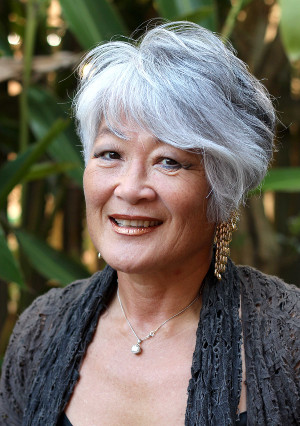
Understanding anxiety
It seems many Australians are not seeing a doctor about their anxiety because they don't think the condition is serious enough, or don’t believe they can be helped. One public figure holding this view is former Labor leader-turned media bomb thrower Mark Latham. In his role as a panellist on Channel 9's The Verdict, he criticised doctors for 'over prescribing' drugs for depression because they are 'misdiagnosing' the condition, which is only anxiety, and that's 'just being a bit worried'. As Dr Rosalind Foy explains, anxiety is not only widespread and of significant concern but it can be managed effectively.
While anxiety is a common term, there is little agreement about how best to define it, although fair definitions include worry about uncertain outcomes, or psychic tension due to a fear of a real or imagined danger.
- Details
- Written by: Dr Ros Foy
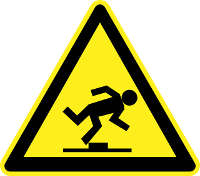
Falls are no laughing matter
Despite getting well-known local comedian Mandy Nolan to MC the event, an upcoming forum on falls prevention will stress that experiencing a fall, and the lengthy rehabilitation that often follows, is no laughing matter.
One in three people older than 65 have a fall each year, according to Northern NSW Local Health District Falls Prevention Coordinator, Julia Dayhew, who said that up to one-fifth of these people experience multiple falls.
“No other single cause of injury, including road trauma, costs the health system more than falls,” she added.
- Details
- Written by: Staff
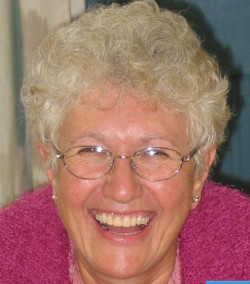
Top 5 a hit for dementia care
The care of dementia patients in hospitals has been found to benefit from staff knowing the five most important things a person needs in order to be reassured and comfortable during their stay.
Short-handed as the ‘Top 5’, the tool is now being implemented across the Northern NSW Local Health District, starting with Lismore Base Hospital.
The initiative, which coincides with national Dementia Awareness Month, is designed to help medical staff working with carers to tap into the latter group’s knowledge and expertise. The beneficiaries are patients, carers, and clinicians.
NNSWLHD Nurse Practitioner Psychogeriatrics, Anne Moehead, said LBH is implementing the Top 5 program across the Health Service to help personalise hospital care for patients with memory and thinking problems.
- Details
- Written by: Staff
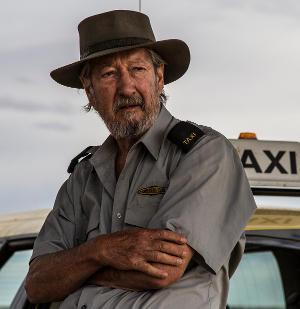
Aussie ‘medical’ movies are all the rage
Film review - Robin Osborne
Diverse medical issues have inspired three of the best Australian films of recent times, Ruben Guthrie (the dangers of alcohol misuse), Last Cab to Darwin (cancer, and euthanasia), and Holding the Man (HIV/AIDS).
Since reviewing the first of these for GP Speak Spring issue I made a point of catching the second on the basis of loving the work of actor Michael Caton (The Castle), who plays a cancer patient/cab driver willing to drive thousands of kilometres for a painless death.
- Details
- Written by: Robin Osborne
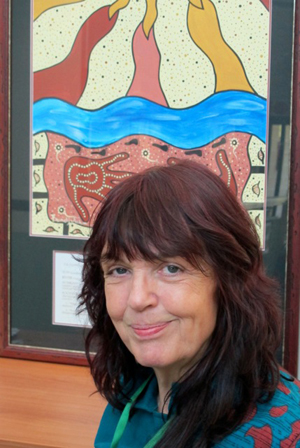
System’s ‘racism’ still affects Aboriginal renal patients
Residual trauma from ‘Stolen Generation’ experiences, cultural insensitivity in parts of the healthcare system, and memories of discrimination against family members* - broadly linked as ‘institutional racism’ - continues to impact on the effectiveness of renal care for rural Aboriginal people.
This is a key finding in research for a PhD thesis undertaken by University of Sydney doctoral candidate Liz Rix who held lengthy discussions with Aboriginal renal patients in the Northern Rivers region.
Ms Rix, a non-Indigenous person, has been invited to present a paper on her research at the October conference of the American Indigenous Research Association in Pablo, Montana USA http://americanindigenousresearchassociation.org/meeting/agenda/
- Details
Read more: System’s ‘racism’ still affects Aboriginal renal patients
Page 151 of 177















